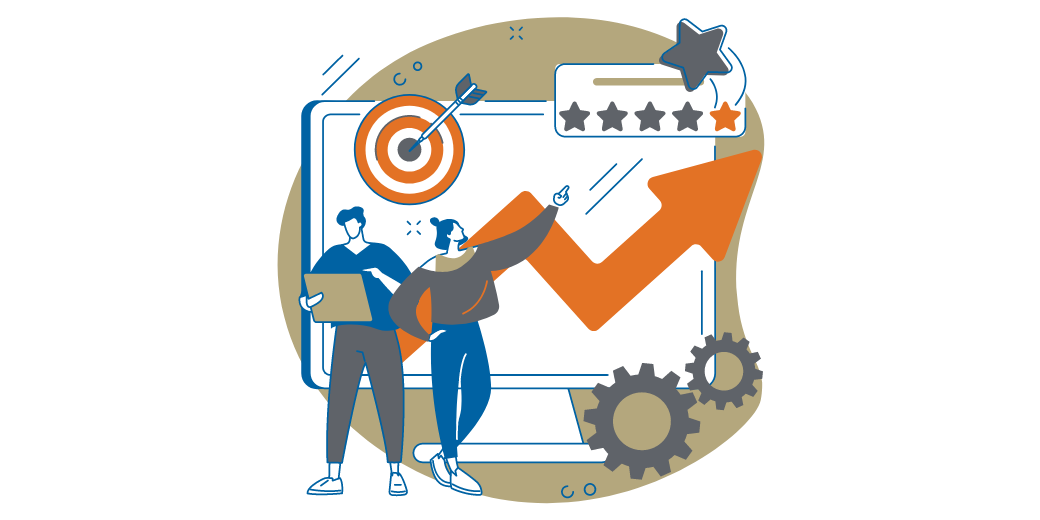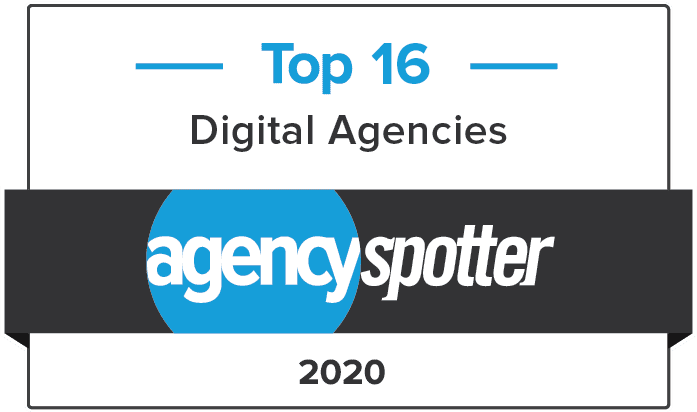
The Important CRM Opportunities Most Businesses Miss
By Calan Smidt
According to industry estimates, over 91 percent of organizations with more than 10 employees use customer relationship management (CRM) systems—for good reason. A meaningful connection with customers requires a deeper understanding of their data, which a CRM can help provide. Additionally, using a CRM system to manage a robust array of customer data can produce a predicted ROI as high as 30 to one.
However, simply having a CRM doesn’t automatically enhance your customer relationships. In our experience, even businesses actively using CRMs aren’t taking full advantage of the resource and may be missing out on several key opportunities. (In fact, I hosted a workshop at the ABI Manufacturing Conference about implementing your CRM to take advantage of every opportunity! Request my presentation if you think it could help you, too.)
First: Do you really have a CRM?
Sometimes, businesses implementing other types of management software think they have a CRM in place when they don’t. To be clear, customer relationship management software is specially designed to track, manage and even automate the full spectrum of interactions with customers. Other common sources of business-system-acronym confusion follow.
Do you have an ERP? Enterprise Resource Planning solutions are designed to centralize and manage business processes at a macro-level, often with the goal of optimizing resources and reducing costs. They are primarily designed for back-office use and not for front-facing customer engagement.
Do you have a DMS? Document Management Systems are tools that centralize and store information and materials for better organization and collaboration among teams. While they are great repositories of information, they don’t provide a complete view of customers or help manage the relationship with features like reminders, triggered actions, or responsive workflows.
Do you have a CMS? Content Management Systems support the creation, storage, and publishing of digital content that nurtures customer relationships. Many businesses start with a CMS, and then find that they need to incorporate a designated CRM to assist with better identifying and capitalizing on sales opportunities.
Don’t miss out on these five key CRM functions
A CRM system can be a significant investment but if used correctly, the value will far outweigh the cost. To optimize your return on investment, make sure you fully leverage the following capabilities.
Dynamic targeting
CRMs can go deeper than list-based targeting. As a rich repository for the first-party data you’re collecting, targeting can become more exact with dynamically updated contact segmentation. Not only can you choose to target clients based on key characteristics like geolocation, income, or length of relationship, but also on evolving behaviors such as engagement level, website activity and buying habits. It’s reported implementing segmented campaigns can increase revenue as much as a whopping 760 percent!
Deep personalization
People want their favorite brands to speak to them—and any old communication just won’t do. The message must be relevant, personalized, tailored to unique interests and informed by actual behavior. This is no small order, but with the right technology in place, it could be a breeze! CRM systems track, store and synthesize a wealth of information and enable customer engagements that feel like one-to-one conversations. Research by the McKinsey consulting firm shows companies that excel at personalization generate 40 percent more revenue from those activities.
Powerful email marketing
Of course, you don’t need a CRM to email your customers. But, if you want to send amazing emails that drive sales results, CRMs are a powerful tool to up your game. When done right, email marketing is an incredibly effective tool for leveraging the first-party data in your CRM – and collecting more of it. Use it to understand and anticipate exactly what customers want and need. By aligning your email marketing strategy with your customers’ real-world behaviors, you will create a buyer’s journey that feels extremely personal—and avoids sounding like a sales pitch.
Loyalty-driving holistic views
Even if your business doesn’t have a formal loyalty program, strategically using a CRM will increase loyalty. Businesses remain more connected to customers by maintaining a global view of customer interactions across various touchpoints that make it easier to identify where and how to add value. A sales team equipped with these more holistic insights is empowered to provide next-level service. According to Salesforce, a CRM improves customer retention by as much as 27 percent.
Streamlined sales processes
A CRM isn’t just for the satisfaction of customers. It improves employee satisfaction, too. It helps employees streamline processes, use data more effectively and automate routine tasks, making them happier and more productive. CRMs make the work of internal teams more efficient, reducing wasted effort by aligning strategies with customer preferences and focusing time on the most promising leads and customers. Don’t overlook the functions of a CRM that help employees be more successful and satisfied in their jobs!
Are you sold yet on the benefits of a well-managed CRM? Contact us today if you have any other questions.
Calan Smidt is a data systems strategist within SA’s Data, Research & Insights team. She oversees CRM functions making sure the first-party data is clean, accurate and execution ready for various marketing efforts.



